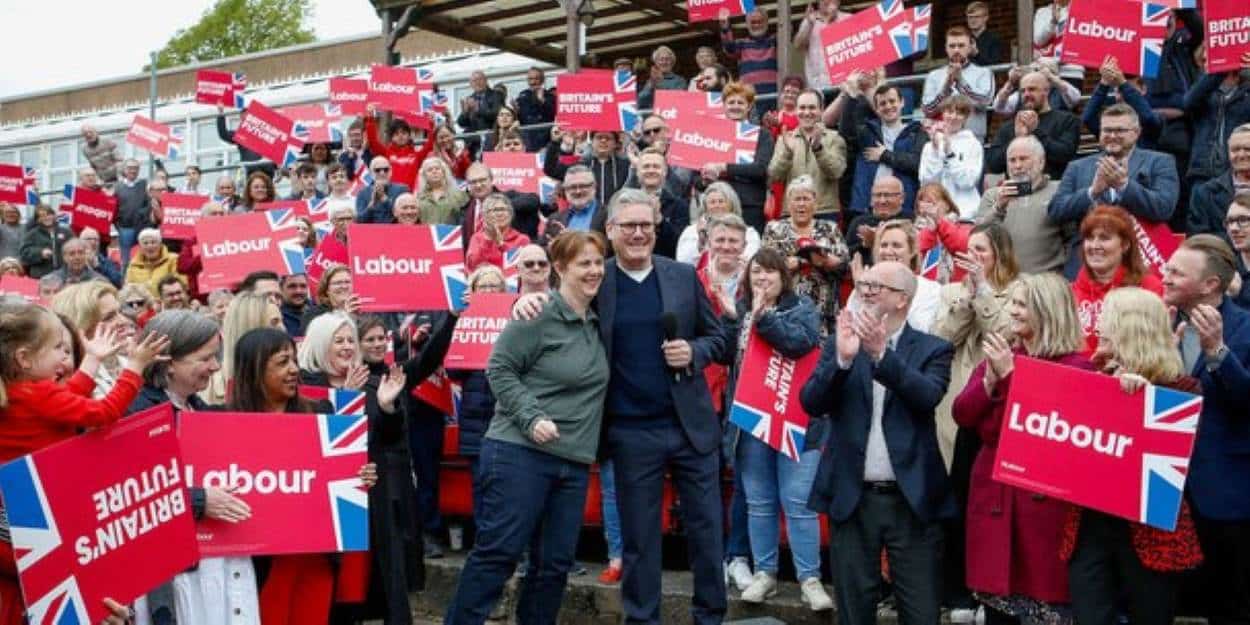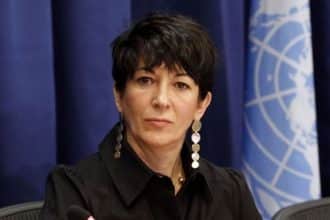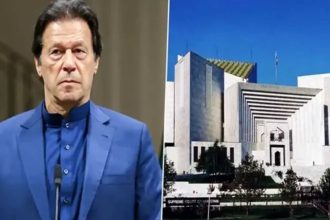Keir Starmer, Britain’s new Prime Minister, has stated that the “sunlight of hope” again illuminates Britain following Labour’s resounding electoral victory. This victory ended 14 years of Conservative governance but wasn’t without setbacks, as several Labour candidates lost to independents with a pro-Palestine stance. Nearly a dozen British-Pakistani Kashmiri MPs saw their majority margins reduced drastically.
Impact of Muslim Vote
In districts with a substantial Muslim electorate, Labour’s support plummeted due to Starmer’s backing of Israel’s actions in Gaza. This major decline indicates the party has long assumed the Muslim vote as given. Despite these challenges, Labour’s overall landslide victory is historic.
It was projected that British-Muslim voters would significantly influence about 100 constituencies, including many swing seats. Around 300 Muslim candidates, predominantly of Pakistani origin, ran nationwide in the July 4 elections.
The participation of approximately four million Muslims in the UK is crucial in many swing and traditionally safe Labour seats, which have shifted this time.
Election Highlights
Muslim politicians of Pakistani-Kashiri origin either defended their seats, lost, or won as first-time candidates, whether affiliated with a party or independent.
In Birmingham—Ladywood, Shabana Mahmood of Labour, a prominent British-Pakistani politician and Oxford graduate, secured the seat with 15,558 votes, a drastic reduction from her last win by 28,000. Her main competitor, independent Akhmed Yaqoob, focusing on the Gaza issue, received 12,137 votes.
In Perry Barr, independent Ayoub Khan, a former councillor, defeated Labour’s Khalid Mahmood, resulting in a surprising loss for the party. Khan garnered 13,303 votes to Mahmood’s 12,796.
In Hall Green & Moseley, Labour’s Tahir Ali was re-elected with 12,798 votes, a majority that would have been at risk if his two main pro-Palestine independent opponents hadn’t split the vote.
Critical Contests
Bradford West saw Naz Shah of Labour narrowly retain her seat with 11,724 votes against independent Muhammed Ali Islam’s 11,017 votes. This was another close contest influenced by local dissatisfaction with Labour.
In Dewsbury and Batley, independent Iqbal Mohamed, emphasizing a ceasefire in Gaza, defeated Labour’s Heather Iqbal with 15,641 to 8,707 votes, reflecting the significant impact of the Gaza issue on local politics.
These elections demonstrated the critical role of British-Muslim voters and the changing dynamics within traditional Labour strongholds, significantly influenced by international issues like the conflict in Gaza.






